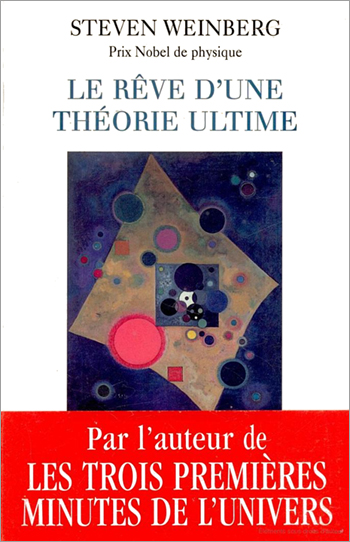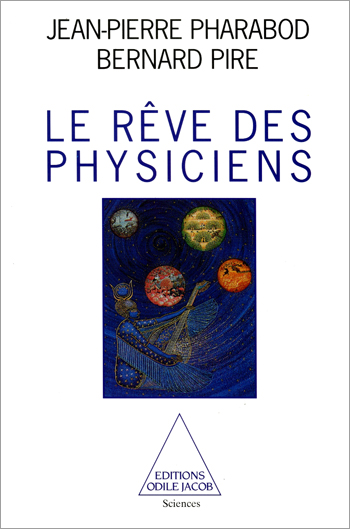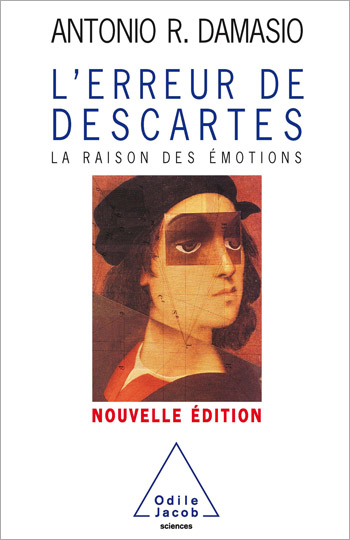Science All books
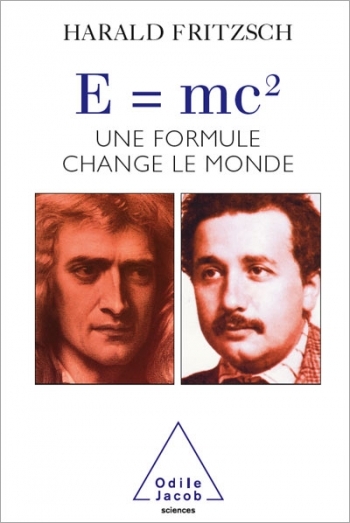
Harald Fritzsch
E=mc2 A Formula which Changes the World
An imagined account of a meeting between Einstein and Newton, described as a dream. It provides the occasion for a fascinating discussion between two scientific geniuses and a most effective way to be introduced to the mysteries of physics by those who have themselves revolutionised the field. Professor of physics at the University of Munich, Harald Fritzsch is also an associate professor at the CERN of Geneva, and at the California Institute of Technology of Pasadena, in California.
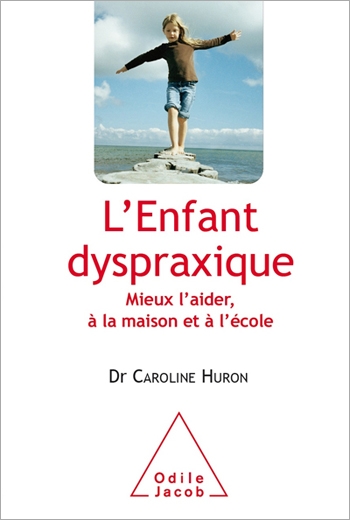
Caroline Huron
Dyspraxia: Motor coordination disorder
How to help children with motor coordination difficulties face their daily tasks
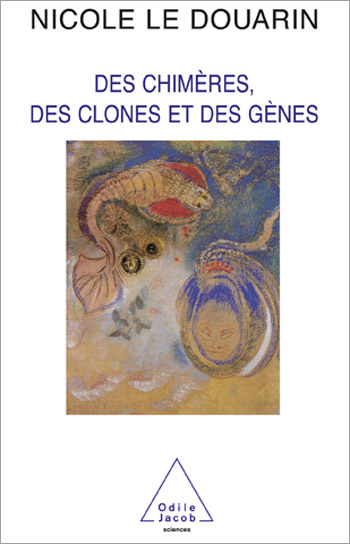
Nicole Le Douarin
Dreams, Clones and Genes
This book affirms that we are at the dawn of a new type of medicine which will no longer be concerned only with palliative measures and repairs, but will also be capable of regenerating diseased tissues via the introduction of embryonic cells. This major upheaval will oblige us to reconsider the meaning of the individual and of life itself. Nicole Ledouarin teaches at the Collège de France.
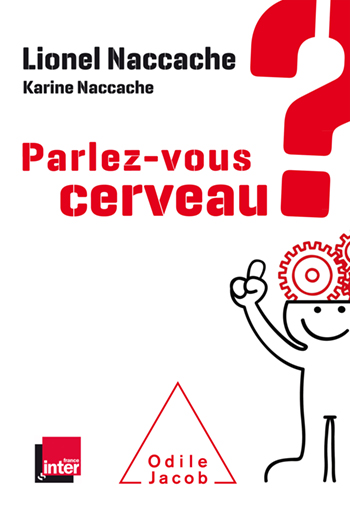
Lionel Naccache, Karine Naccache
Do you Speak “Brain”? The brain is part of our everyday lives
Instructive and entertaining, important facts about the brain by one of the great French neurologists. A proven format, since Lionel Naccache’s chronicles on the brain were the most popular podcasted shows last summer on French Inter radio.
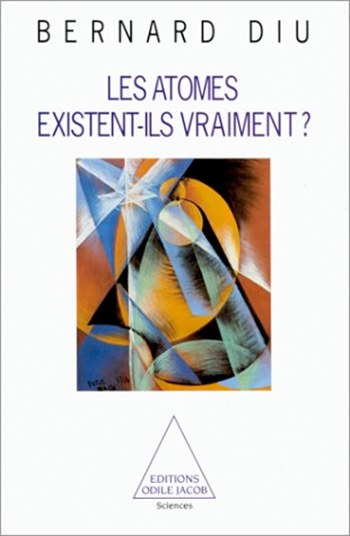
Bernard Diu
Do atoms really exist ?
Few scientific notions have aroused the speculative imagination like the thermodynamic entropy. All organised systems - societies, living creatures - are destined without exception to decline and eventual death. This book clearly exposes the historical and conceptual development of thermodynamics. Born from a desire to understand and master steam powered machines - the symbol of our industrialised societies - it became the science of the human body. However, it was suddenly passed over in favour of the theory of atoms. It was thus demolished by statistical mechanics which ceded to the imperatives dictated by the atomical structure of the body. After an epic struggle, sometimes quite ferocious, thermodynamics and statistical mechanics have been reconciled by adopting the base of the second with the techniques of the first. This book reads like a novel about contemporary physics. Bernard Diu, a graduate of the Ecole Normale Supérieur, is a professor at the University of Paris VII.
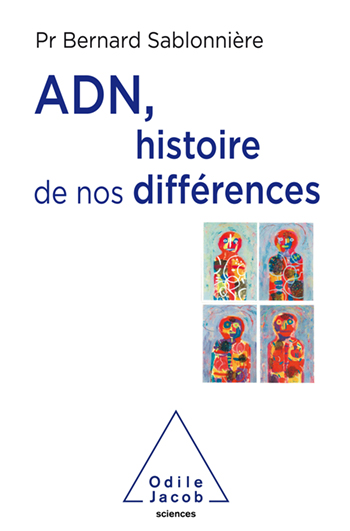
Bernard Sablonnière
DNA, a History of Our Differences
A stimulating look at the current state of knowledge about the genetic determinants of differences between individuals, regarding both the body and character or behavior traits.
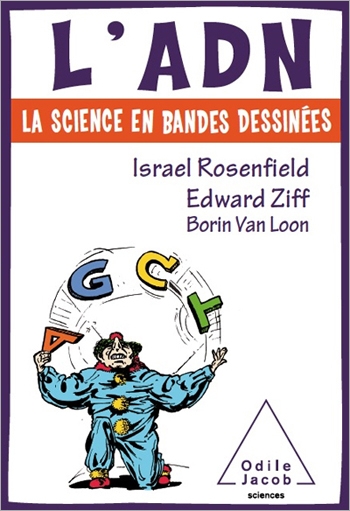
Israel Rosenfield, Edward Ziff, Borin Van Loon
DNA for Beginners
The amazing story of DNA is recounted here in an entertaining comic-book form...
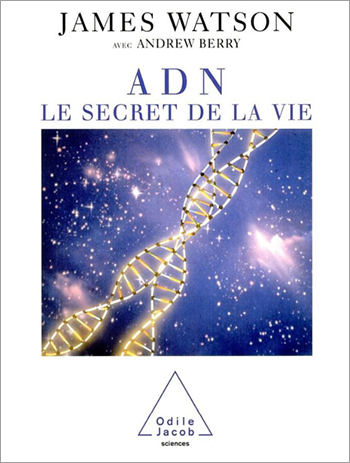
James Watson
DNA The Secret of Life
Fifty years ago, when he was only 24, James Watson contributed to cracking the genetic code and thus helped resolve one of the greatest scientific mysteries of our age. In DNA: The Secret of Life, he goes back in time and offers an overall view of the genetic revolution. He gives us the keys to understanding the molecular foundations of life and shows to what extent our knowledge of genetics affects how we regard our origins and our own identity. Drawing on his long experience at the forefront of genetic research, he examines the brave new world that lies before us all and the consequences of the genetic revolution. James D. Watson is best known as the co-discoverer, with Francis Crick and Maurice Wilkins, of the molecular structure of DNA. For this accomplishment, the three men shared the 1962 Nobel Prize for Physiology or Medicine. In 1968, he was appointed director of Cold Spring Harbor Laboratory, on Long Island, New York, and has served as its president since 1994. Andrew Berry is a junior fellow at the Museum of Comparative Zoology at Harvard University
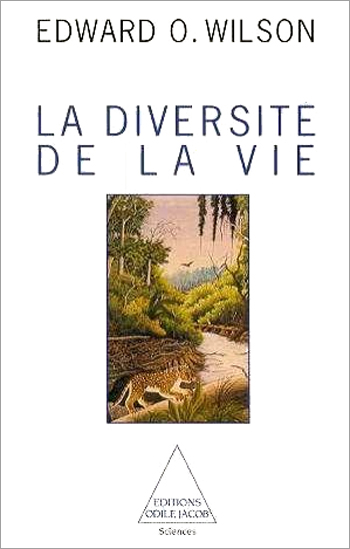
Edward O. Wilson
The Diversity of Life
What are the mechanics of evolution? What is the force behind diversity and the proliferation of the species? Why does nature never stop inventing new forms of life? What is the effect of great catastrophes on the evolution of the species? What is the real effect of human action on nature? A professor at Harvard University, Edward O. Wilson is one of the most important theoricians of biological evolution. He is also one of the most ardent lobbyists for the preservation of nature.
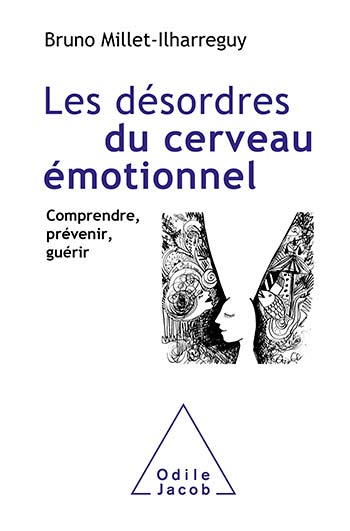
Bruno Millet-Ilharreguy
Disorders of the Emotional Brain Understanding, Preventing, Healing
Emotion at the heart of psychiatric disease and its treatment.
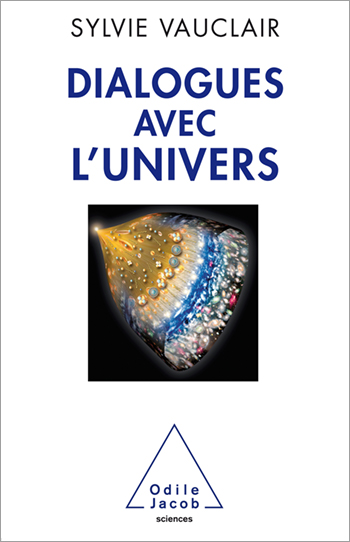
Sylvie Vauclair
Dialogues With the Universe
A great scientist recounts astrophysics, clearly and accessibly

Antonio R. Damasio
Descartes' Error Emotion, Reason, and the Human Brain
Being rational is not denying oneself emotions. The brain which thinks, calculates, and makes decisions is not a different entity to the one which laughs, cries, loves, and experiences pleasure and annoyance. The heart has reasons that reason itself is far from being ignorant of. In opposition to the old Cartesian dualism and to all those who wish to reduce the functioning of the human mind to detached calculations worthy of a supercomputer stands the results of the latest neurological research : the absence of emotions and sentiments prevents us from being really rational. Antonio R. Damasio heads the department of neurology at the University of Iowa, in the United States, and teaches at the Institute of Biological Studies of La Jolla.

